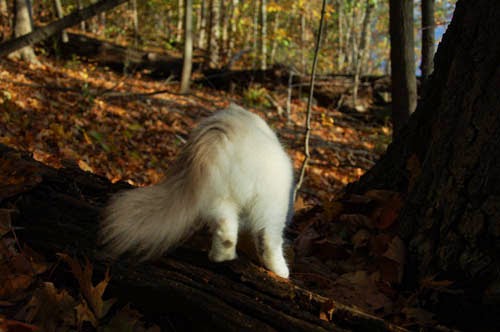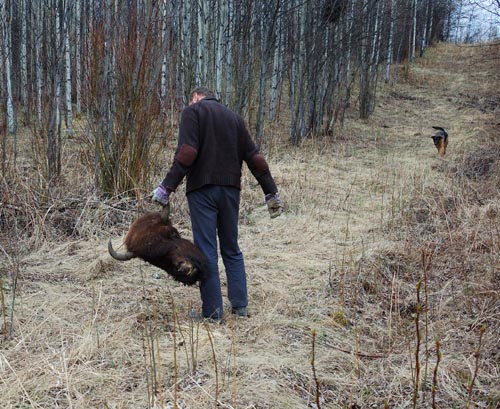Landfall in Nova Scotia was tricky. Coming from Bay of Fundy we had patches of fog and the world's highest tides to consider. It was crucial to time it right before entering Grand Passage. But everything turned out right and we had a good rest at Brier Island.
Leafing through the guidebook I suddenly realized that Joshua Slocum had spent parts of his childhood here. I got the feeling that Brier Island was holy ground.
There was a guy at the dock who casually informed us about his distant relative. In fact, he invited us to his old house where the documentary about Slocum had a scene or two. History came to life. Everything in the house seemed untouched for a generation or two.
We left Brier Island in dead calm, but with a 4 knot current and standing waves in the riptide. It spat us out in a grey wall of fog. It's hard to imagine a place like this without gps. Joshua Slocum had the trickiest training ground on earth.









































